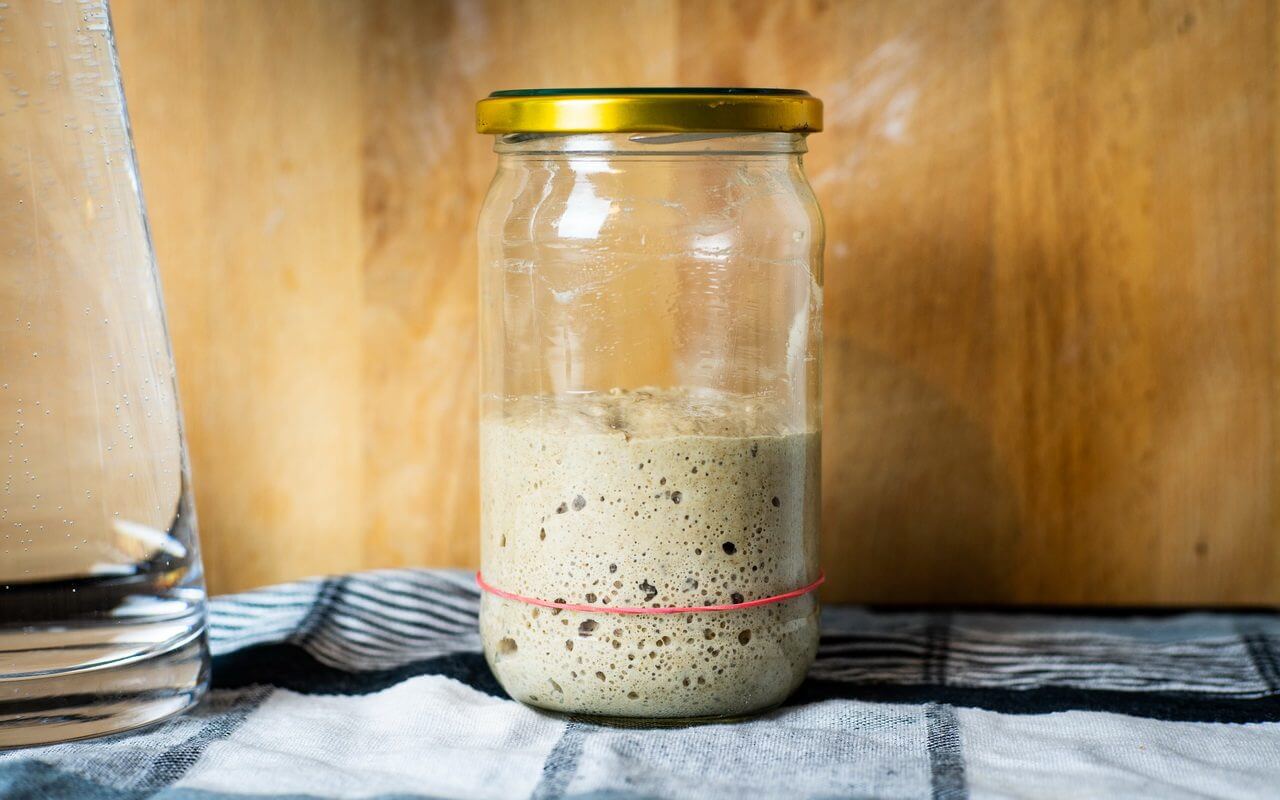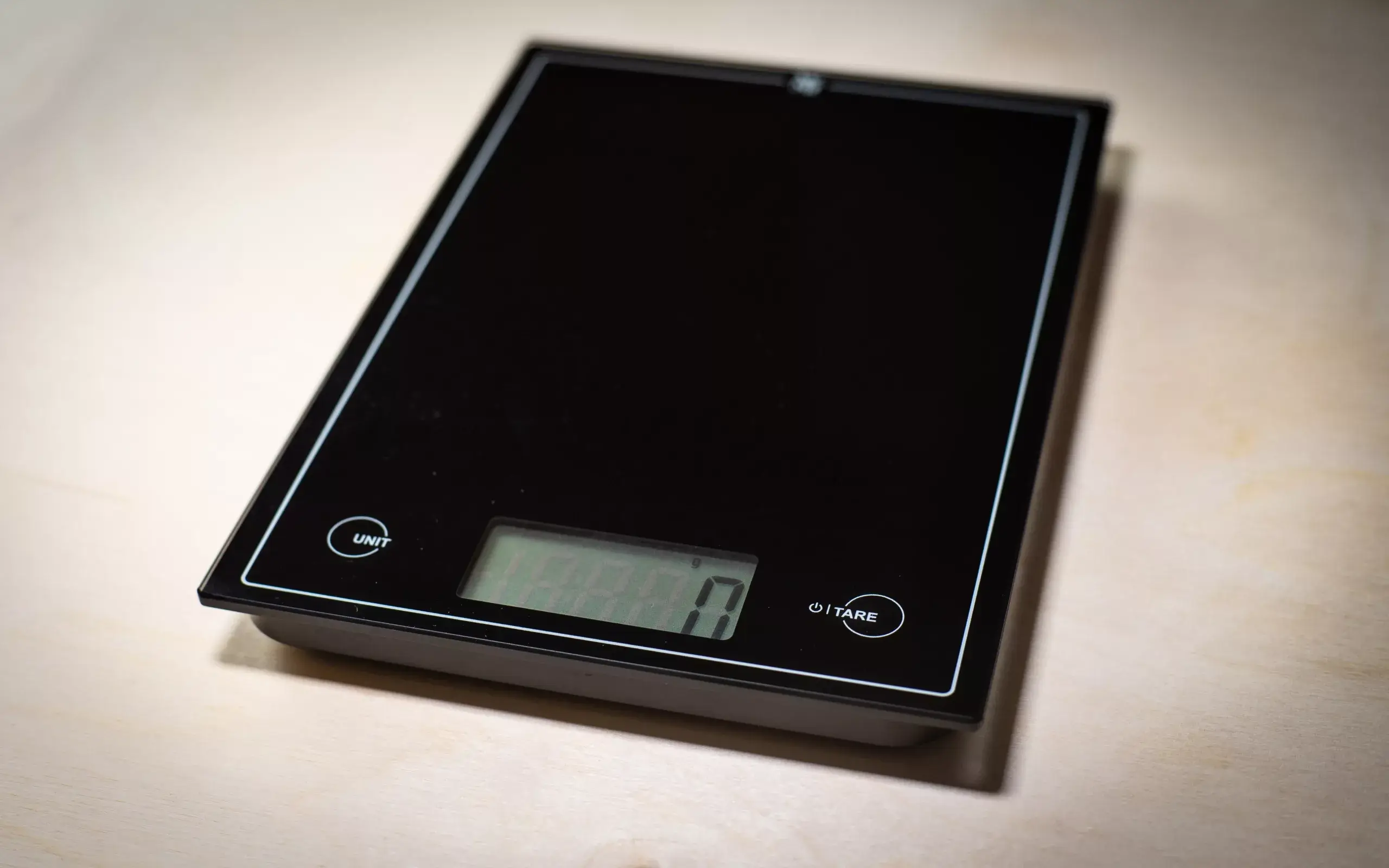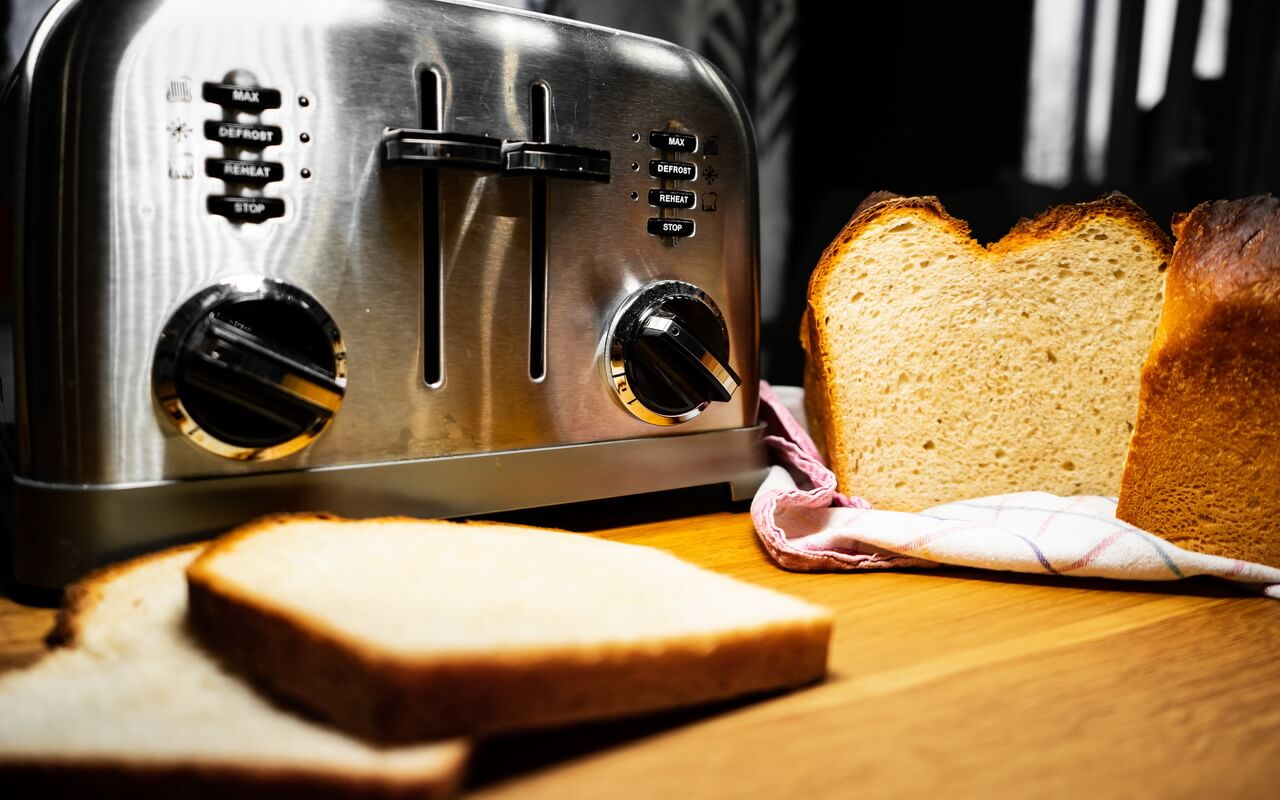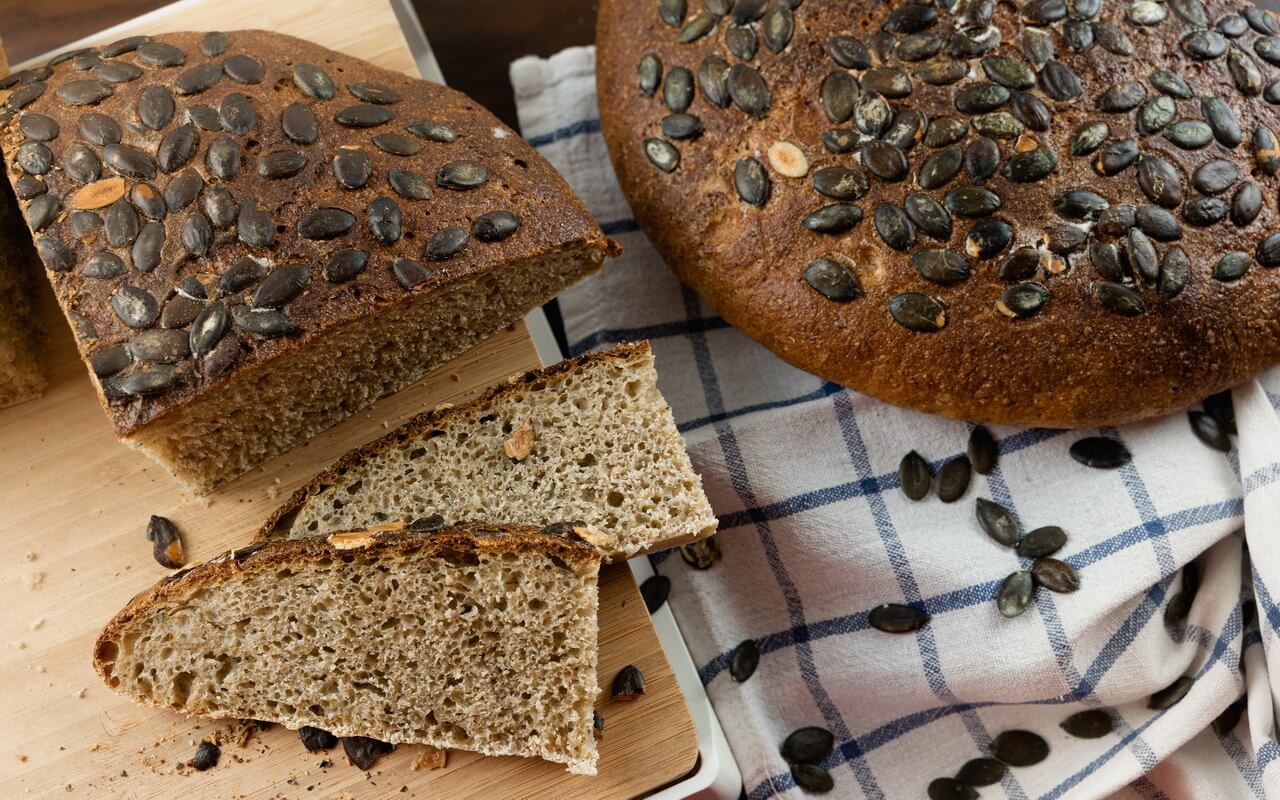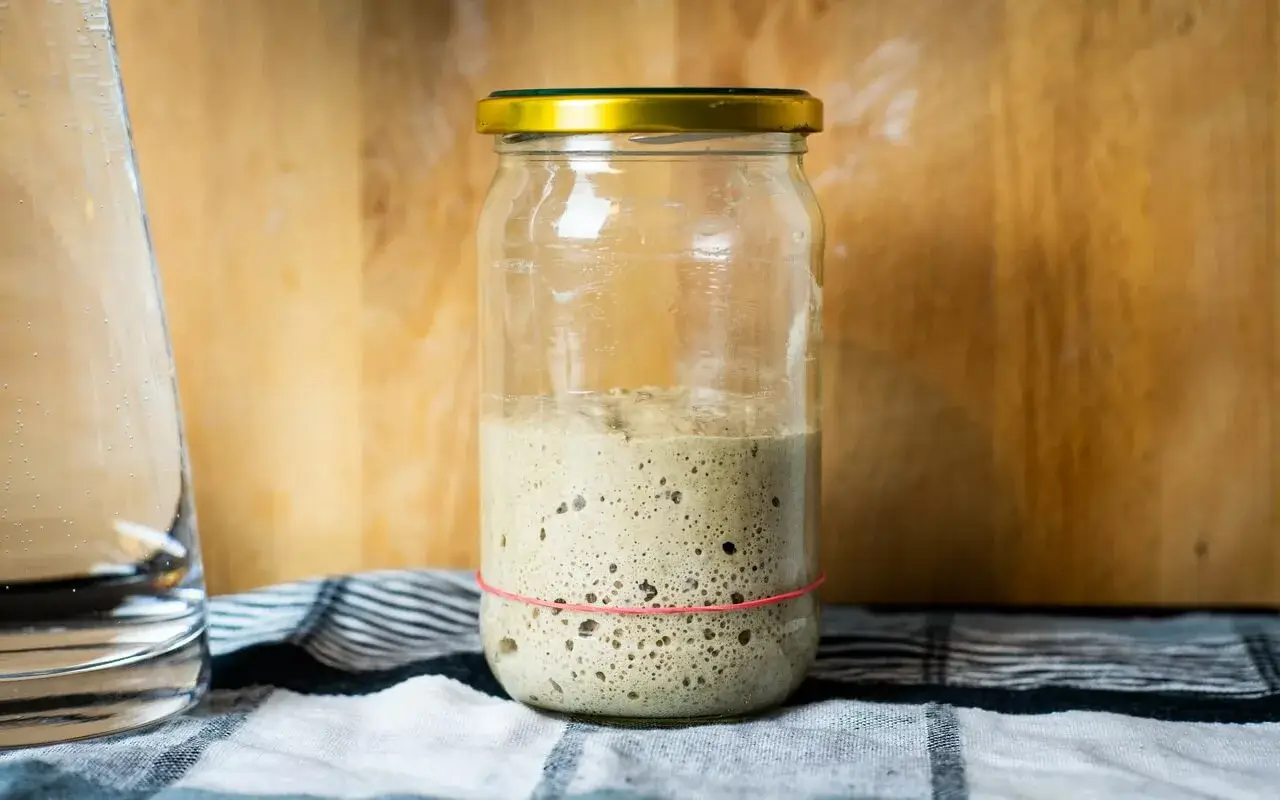Hello, fellow bakers and bread lovers! Today we’re going to delve into the world of bread – more specifically, the age-old debate of homemade bread vs. store-bought bread. Have you ever wondered why homemade bread just seems to taste...
Hello, fellow bakers and bread lovers! Today we’re going to delve into the world of bread – more specifically, the age-old debate of homemade bread vs. store-bought bread.
Have you ever wondered why homemade bread just seems to taste better? Or why the smell of bread baking in your own oven is so much more satisfying than the smell of a store-bought loaf? Well, you’re not alone. With years of experience in the baking industry and countless loaves of bread under my belt, I’ve gained some insights that I’m eager to share with you.
There’s something magical about bread, isn’t there? It’s a staple food in many cultures, and it’s been around for thousands of years. But not all bread is created equal. There’s a world of difference between a loaf of bread that you’ve made at home with your own two hands, and a loaf that you’ve picked up from the store.
Why does this difference exist? What makes homemade bread so special? Let’s find out. Trust me, you’re in for a treat!
Table of Contents
The Ingredient Showdown The Art of Bread Making A Taste Comparison Health Matters Cost Analysis Conclusion Frequently Asked Questions (FAQ)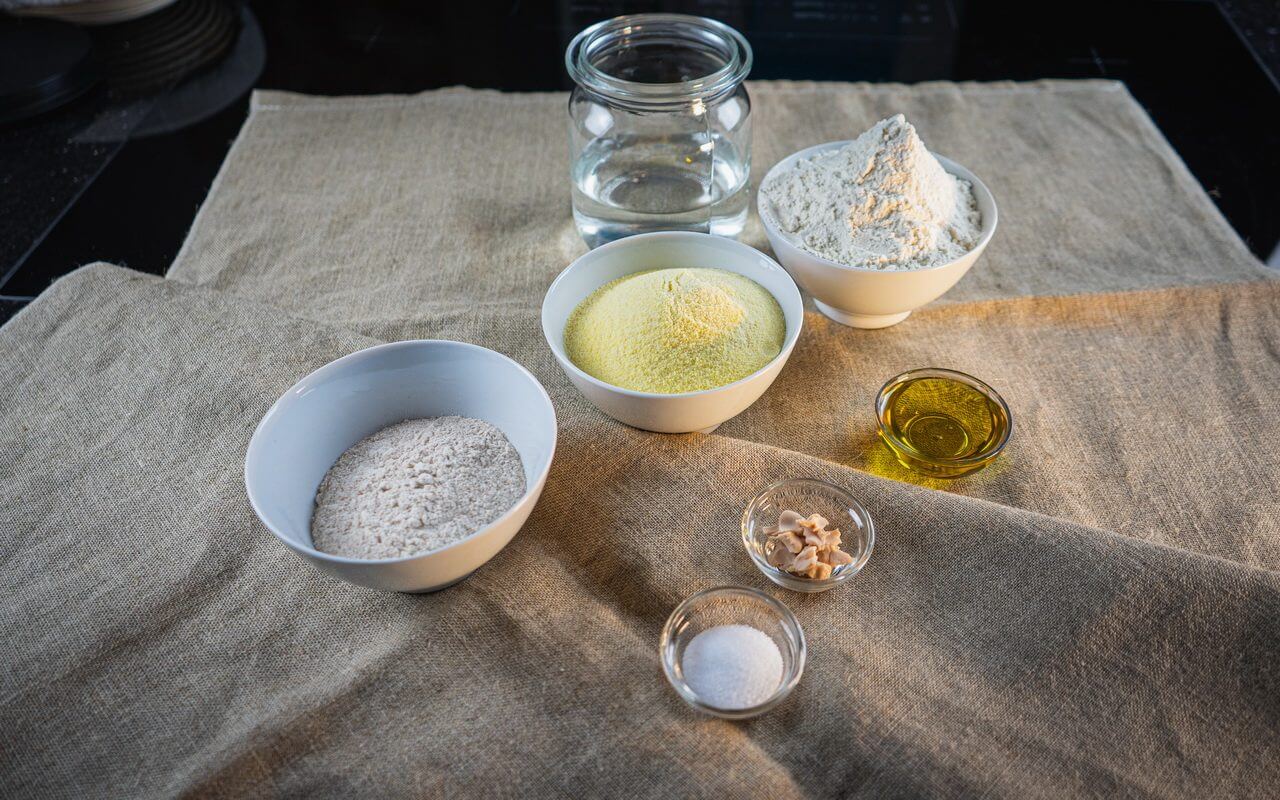
The Ingredient Showdown
One of the biggest differences between homemade and store-bought bread lies in the ingredients. When you make bread at home, you have complete control over what goes into your dough. You can choose high-quality, organic ingredients, and avoid any additives or preservatives.
On the other hand, store-bought bread often contains a long list of ingredients, many of which are hard to pronounce, let alone understand. These include preservatives to extend shelf life, sweeteners to enhance taste, and dough conditioners to improve texture. While these ingredients may not be harmful in small amounts, they’re certainly not necessary for making delicious, wholesome bread.
Moreover, when you make your own bread, you can experiment with different types of flour, add in seeds or nuts for extra flavor and nutrition, and even play around with sourdough starters for that tangy flavor that’s so characteristic of artisan bread. The possibilities are endless and if you’re specifically interested in sourdough, here is my ultimate guide to unleashing the baker within you.
The Art of Bread Making
The process of making bread is as important as the ingredients. Homemade bread is made with love and care. You can take your time to knead the dough, let it rise, and bake it to perfection. This slow, careful process allows the flavors to develop fully, resulting in a loaf of bread that’s truly unique.
Commercial bread, on the other hand, is often made in large quantities, using machines and automated processes. This can result in a uniform, but somewhat impersonal, product.
Furthermore, the process of making your own bread can be incredibly satisfying. There’s something almost therapeutic about kneading dough, and the anticipation of waiting for it to rise is part of the joy of baking. Not to mention the sense of accomplishment when you take your freshly baked loaf out of the oven!
A Taste Comparison
There’s no denying it – homemade bread just tastes better. The flavor is richer, the texture is more satisfying, and the crust… oh, the crust! It’s crispy and golden, providing the perfect contrast to the soft, fluffy interior.
Store-bought bread, while convenient, just can’t compete with the taste of homemade bread. The flavors are often more muted, and the texture can be too uniform, lacking the character of homemade bread. If you’re ready to start, here’s a beginner-friendly sourdough bread recipe to help you out.
In addition, when you bake your own bread, you can customize it to your liking. Prefer a darker crust? Leave it in the oven a bit longer. Want a softer crumb? Adjust the amount of water in your dough. The taste of your bread is in your hands.

Health Matters
When it comes to health, homemade bread has a clear advantage. As I mentioned earlier, you have control over the ingredients. This means you can make your bread as healthy as you want it to be. You can use whole grains, add seeds and nuts for extra nutrition, and avoid any unnecessary additives or preservatives. Here are some nutritional wonders of sourdough bread you might want to know.
Store-bought bread, while not necessarily unhealthy, often contains added sugars and preservatives. Plus, the nutritional value can vary greatly depending on the brand and type of bread.
On top of that, when you make your own bread, you can cater to any dietary restrictions or preferences. Gluten-free? No problem. Trying to cut down on salt? You’re in control. With homemade bread, you can ensure that what you’re eating is not only delicious, but also tailored to your health needs.
Cost Analysis
You might think that homemade bread is more expensive to make, but that’s not necessarily the case. Yes, the initial investment in ingredients and equipment can be higher, but in the long run, making your own bread can be quite cost-effective.
Commercial bread, while cheaper upfront, can add up over time. Plus, you’re paying for convenience and shelf life, not necessarily quality.
Consider this: a bag of flour can make several loaves of bread, and the cost per loaf can be significantly lower than a store-bought loaf. Plus, the satisfaction of eating bread that you’ve made yourself? Priceless.
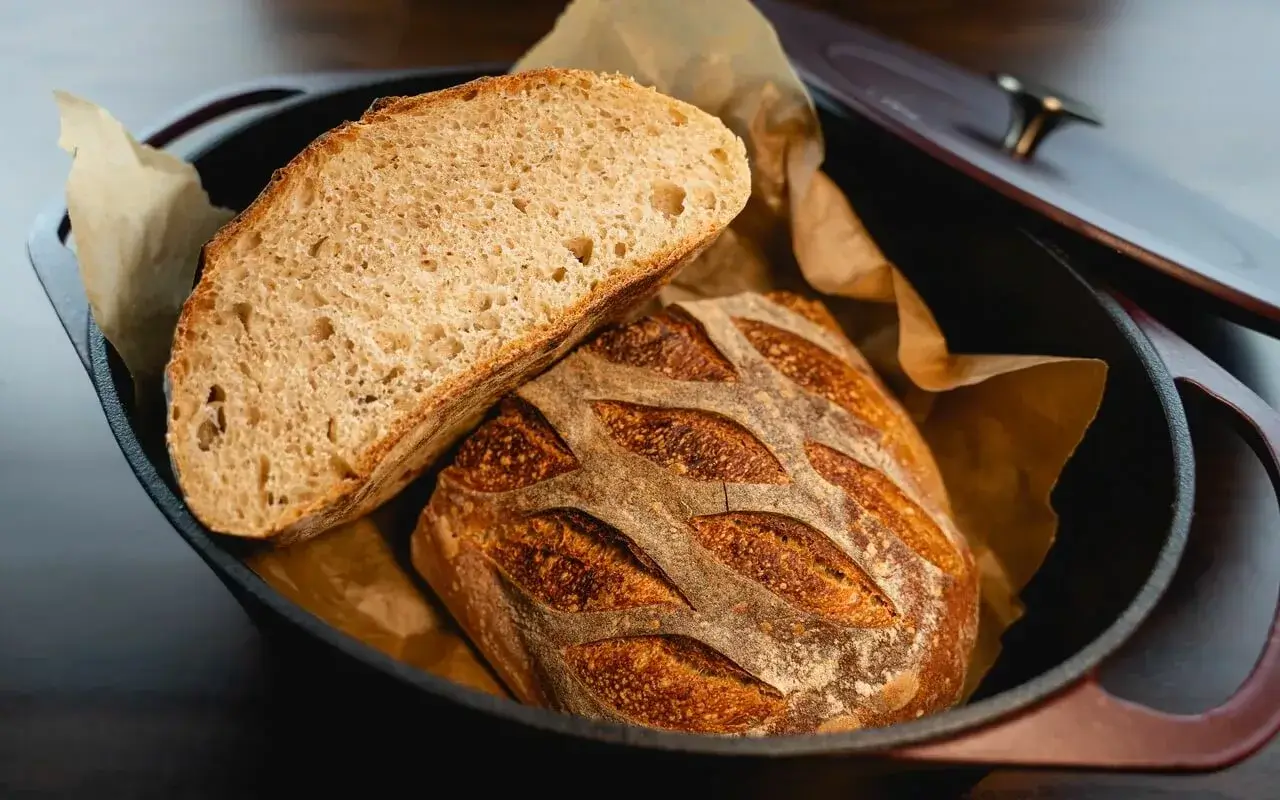
Conclusion
So, there you have it. Homemade bread vs. store-bought bread. While store-bought bread might be convenient, it just can’t compete with the taste, health benefits, and satisfaction of making your own bread at home.
So why not give it a try? Roll up your sleeves, dust off that apron, and get ready to experience the joy of baking your own bread. Trust me, once you’ve tasted your own homemade loaf, you’ll never want to go back to store-bought again. f you’re new to bread making, you might want to check out this guide on baking delicious homemade bread.
Frequently Asked Questions (FAQ)
Is homemade bread better for you than store bought?
Yes, homemade bread can be healthier than store-bought bread. You have control over the ingredients, which means you can use whole grains, add seeds and nuts for extra nutrition, and avoid any unnecessary additives or preservatives.
Is it worth making own bread?
Absolutely! Making your own bread can be a rewarding experience. Not only do you get to enjoy the process of baking, but you also get to enjoy a loaf of bread that’s made exactly to your liking. Plus, homemade bread often tastes better and can be healthier than store-bought bread.
Why does homemade bread have more calories than store bought?
Homemade bread may have more calories than store-bought bread because it often contains more nutrient-dense ingredients. However, the nutritional value of homemade bread can be higher, making it a healthier choice overall.
Can I eat homemade bread everyday?
Yes, you can eat homemade bread every day, as long as you maintain a balanced diet. Bread is a good source of carbohydrates, which are needed for energy. However, it’s important to also consume enough fruits, vegetables, proteins, and fats for
a balanced diet.
Is it cheaper to make your own bread 2023?
While the initial investment in ingredients and equipment can be higher, making your own bread can be quite cost-effective in the long run. A bag of flour can make several loaves of bread, and the cost per loaf can be significantly lower than a store-bought loaf.
How long does homemade bread last?
Homemade bread typically lasts for about 2-4 days at room temperature. However, it doesn’t contain any preservatives, so it won’t last as long as store-bought bread. To extend its shelf life, you can store it in the refrigerator or freeze it.
Does homemade bread save money?
Yes, making your own bread can save money in the long run. While the upfront cost can be higher due to the ingredients and equipment needed, the cost per loaf can be significantly lower than store-bought bread.
The post Unveiling the Truth: Homemade Bread vs. Store-Bought Bread appeared first on Delight Baking.






